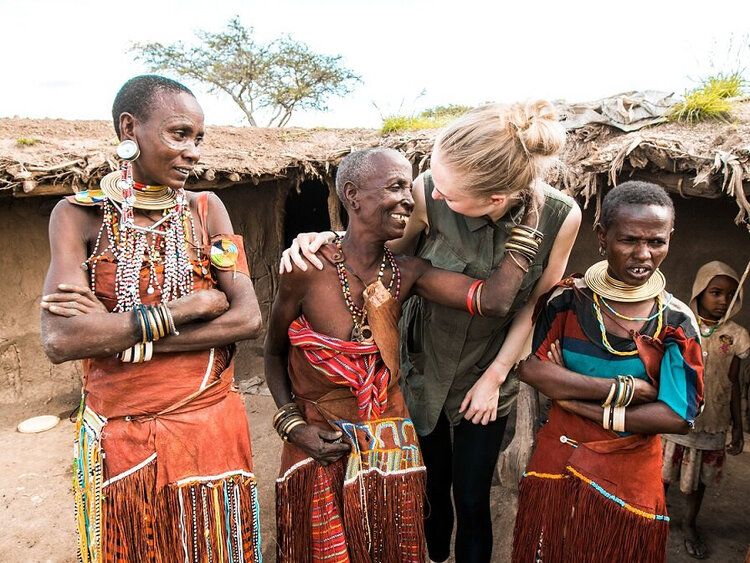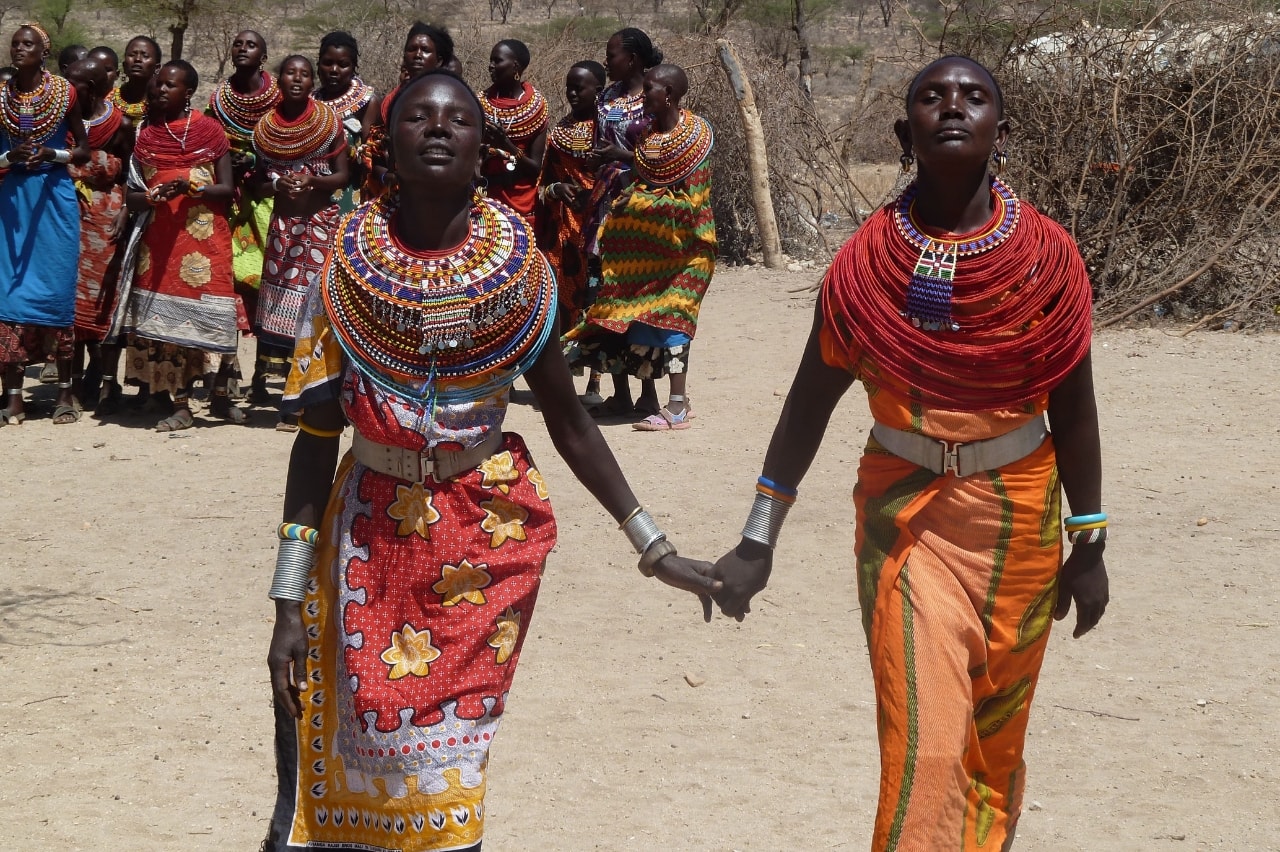DATOGA TRIBE
Datoga Tribe : Known as the Mang’ati in Swahili, the Datoga people are an agro-pastoral nomadic Nilotic-speaking tribe, residing in the vicinity of Lake Eyasi in northern Tanzania in the Rift Valley and in the Manyara and Singida regions of north-central Tanzania near Mt. Hanang and Lake Basotu. They are skilled farmers and craftsmen with well over 10 subtribes. Its best subtribe is the pastoral Barabaig, who also reside mainly in the northern volcanic highlands encompassed by Mt. Hanang, which is a sacred mountain to the Barabaig.

SHORT HISTORY
Their migratory history has been somewhat reconstructed through the study of comparative linguistics and the oral tradition of the Datoga and its neighbors. They are said to be from South Sudan or the Western Ethiopian highlands. As their ancestors gradually migrated southward, this resulted in settlements in the highland areas of Kenya and Tanzania by speakers of Nilotic languages, herding, and farming in the rich highlands by about 1500 AD.
KNOWN FOR
The Datoga tribe considers themselves the oldest tribe in Tanzania (other tribes like the Maasai and the Bushmen also claim this fame). They are typically known for keeping to themselves and are a tribe of proud people and fierce warriors known for their stealth ability. They are skillful and are also known for their blacksmithing skills, beadwork, brass bracelets, and necklaces, while also supplying arrowheads to the Hadzabe tribe. Though they are known to herd goats, donkeys, sheep, and raise chickens, cattle are their most important domestic animals.

DATOGA’S WAY OF LIFE
The Datoga’s, through the color of their outfits, blend in with their environment with a reddish brown colored soil outfit, reddish patched leather dresses, beadwork, bracelets, and necklaces. Another cultural identity and feature of theirs that distinguishes them from other tribes is their decorative tattooing around their eyes in circular patterns.
They eat meat, cow dung, hide fat, milk, horns, blood, and tendons for utilitarian and ritual reasons, similar to the Maasai. They relied on milk products and migrated anytime their cattle wanted to move for pasture purposes, like erstwhile pastoral nomads. They’ve settled into an agrarian lifestyle, growing maize, beans, and millet on small parcels of land. Their lives are arduous since they live in semi-arid places where water is scarce and often dirty. They are polygamous, and their women are ordered according to the order in which they were married. Marriage partners must be from outside the clan.
A council of elders is in charge of leadership and power. Elders can inflict both fines and curses, while collective pressure is the most common form of social control. At ritual times, males regard honey beer as a sacred drink.
Tanzanians regard the Datoga as a backward tribe. They are resistant to formal schooling, and only approximately 5% of the Datoga know Swahili, Tanzania’s national language. Only 1% of the population is literate. Their sanitary standards are poor, and infant mortality is high. They have just a tiny circle of interactions with their neighbors, with whom they have a tense relationship, and since their seclusion in Tanzania is exacerbated by these circumstances.


